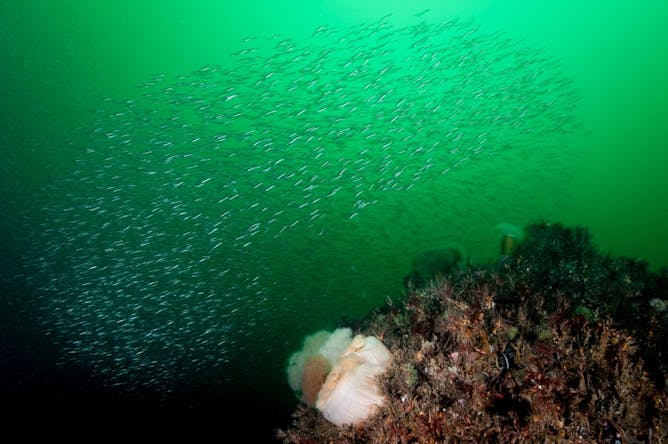|
Do you feel powerless in your daily life? New research finds that an increasing number of Canadians are feeling this way, driven largely by the current economic climate and a growing perception of inequality.
Today in The Conversation Canada, Scott Schieman and Alexander Wilson from the University of Toronto share the latest findings from their national survey tracking Canadians’ perceptions about work and the economy.
Since 2019, Schieman and Wilson have been tracking how Canadians feel about their lives. Their recent round of surveys found that 58 per cent of Canadians are feeling pushed around — a significant jump from 45 per cent in 2019.
This increase goes hand-in-hand with two other findings: more Canadians believe the country is unequal and more believe the cost-of-living is worsening. This combination is creating a “perfect storm for a deteriorating sense of control in everyday life.”
Schieman and Wilson write: “The rising sense of powerlessness among Canadians is a concerning trend that reflects deeper economic and social cleavages. It’s crucial to confront these challenges to improve the overall well-being and mental health of Canadians. Our collective quality of life is at stake.”
Also today:
|

A man walks past a person huddled on a curb in Barrie, Ont., in 2023. Canadians are growing increasingly pessimistic about the economy and finances.
THE CANADIAN PRESS/Christopher Drost
Scott Schieman, University of Toronto; Alexander Wilson, University of Toronto
The perception of a worsening cost of living, combined with seeing Canada as significantly more unequal, is creating a perfect storm for a deteriorating sense of control in everyday life.
|

Parents of children with disabilities are often left with difficult choices about educational placements for their children.
(Shutterstock)
Jacqueline Ann Specht, Western University
The government must call together a task force of educators, families and researchers to work toward better solutions for inclusive education as education for all.
|

A man and young boy paddling a canoe are silhouetted on the Sunshine Coast near xwilkway (Halfmoon Bay), B.C.
THE CANADIAN PRESS/Darryl Dyck
Bruce Erickson, University of Manitoba
All canoe trips pass through the territories of Indigenous Peoples who are rightsholders to those lands. How can canoers work to account and reconcile for colonialism in Canada?
|

Cancer is different for adolescents and young adults than it is for children or older adults.
(Shutterstock)
Cheryl Heykoop, Royal Roads University
Cancer diagnoses in adolescents in young adults are rising. These patients are not only navigating the challenges of a life-altering diagnosis, but also other challenges distinct to their life stage.
|

Leslie Church, the Liberal candidate for Toronto-St. Paul’s, and Prime Minister Justin Trudeau greet supporters at a campaign volunteer event in Toronto in May 2024.
THE CANADIAN PRESS/Arlyn McAdorey
Sam Routley, Western University
Both Liberals and Conservatives have invested a lot of resources into an upcoming Toronto byelection. If the Liberals lose the riding, it will be an ominous sign for Justin Trudeau’s Liberals.
|

Les microplastiques peuvent s’accumuler dans les poissons que l’on pêche et que l'on élève en aquaculture.
(Shutterstock)
Valérie S. Langlois, Institut national de la recherche scientifique (INRS); Julien Gigault, Université Laval; Raphaël Lavoie, Institut national de la recherche scientifique (INRS); To Tuan Anh, Institut national de la recherche scientifique (INRS)
Une récente étude montre que la grande majorité des microplastiques retrouvés dans le fleuve Saint-Laurent proviennent de fibres textiles.
|
Arts
|
-
Olumayokun Ogunde, City, University of London
Despite the series retaining elements of the novel that frustrated me, this time, I saw things a bit differently.
|
|
Environment + Energy
|
-
Greg Muttitt, UCL; Fergus Green, UCL; Steve Pye, UCL
By pledging no new fossil fuel licenses, the UK Labour party could aid a new international norm.
|
|
Science + Tech
|
-
Pok Man Leung, Monash University; Chris Greening, Monash University
Enigmatic organisms called archaea can harvest energy from hydrogen, and new research is revealing exactly how they do it.
|
|